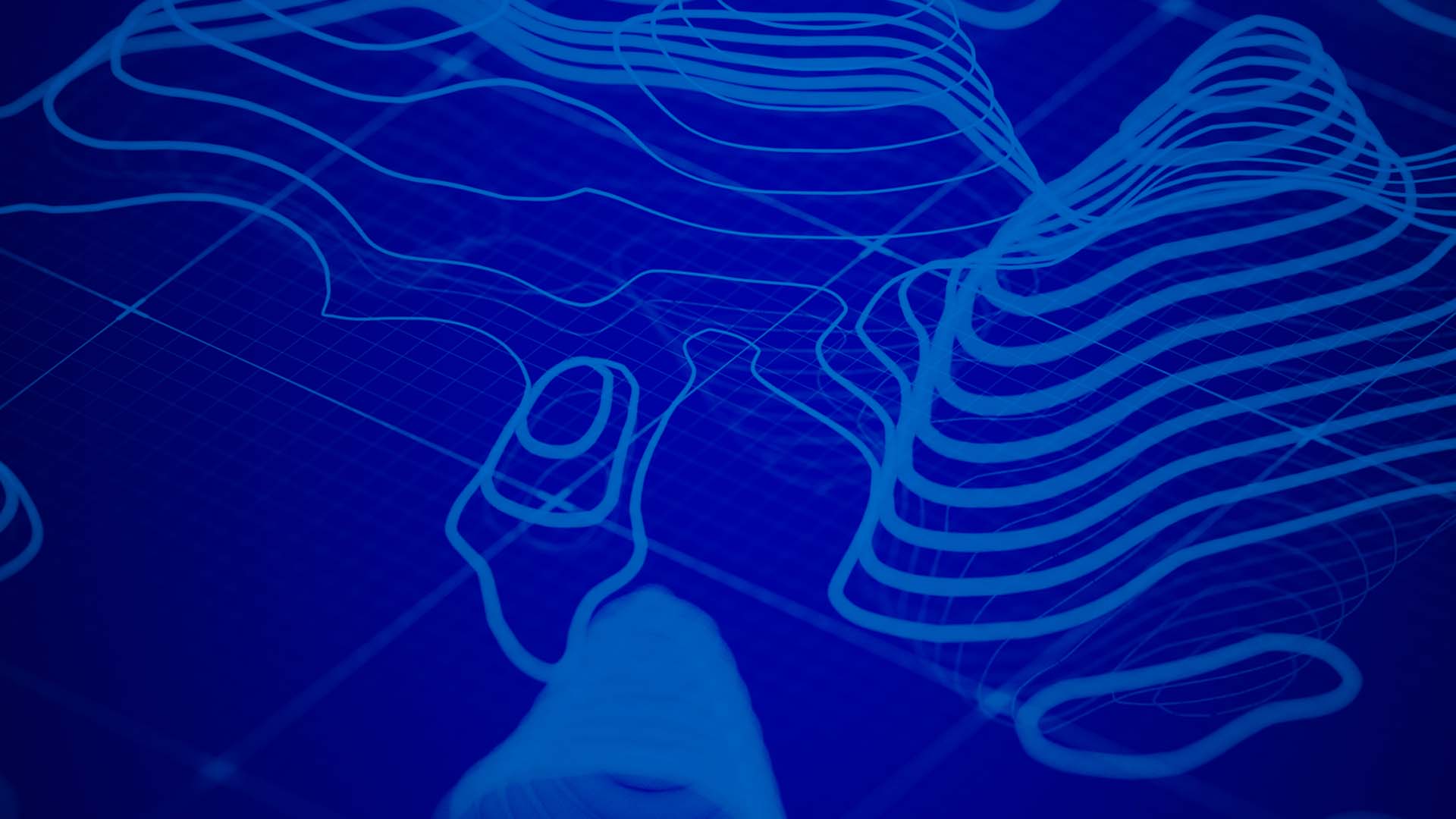Redlands, California—Esri, the global leader in spatial analytics, today announced the launch of Esri & The Science of Where, a weekly podcast that features executives, thought leaders, industry analysts, technologists, and Esri experts discussing how location-powered technology intersects with key trends such as the Internet of Things, big data analytics, artificial intelligence, smart communities, and digital transformation.
Esri & The Science of Where showcases the ways location information—relating to business assets, customer analytics, labor force, demographic trends, consumer behaviors, and more—drives faster, more effective decision-making. Aimed at an audience of executives and decision-makers in government and business, the podcast explores the strategic possibilities of location data as billions of data-producing devices and sensors are connected to the Internet, each with a unique location.
Each week will feature interviews with leaders and experts who share analysis, insights, and stories about data science, real-time analytics, advanced mapping, and other forces enabling digital transformation.
“The technological challenges facing executives in business and government are increasing as more data becomes available to them,” said Marianna Kantor, Esri chief marketing officer. “One key to accessing the value of all this data is seeing your organization spatially and understanding the patterns at play across locations. The focus of Esri & The Science of Where will be in demystifying the process of digital transformation as well as sharing success stories from users.”
Esri & The Science of Where will post new podcasts on a weekly basis. Subscription and download links are available here, and new episodes are available and syndicated via the iTunes Store, Pandora, Overcast, and other podcast apps.

